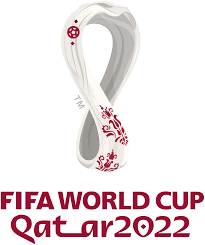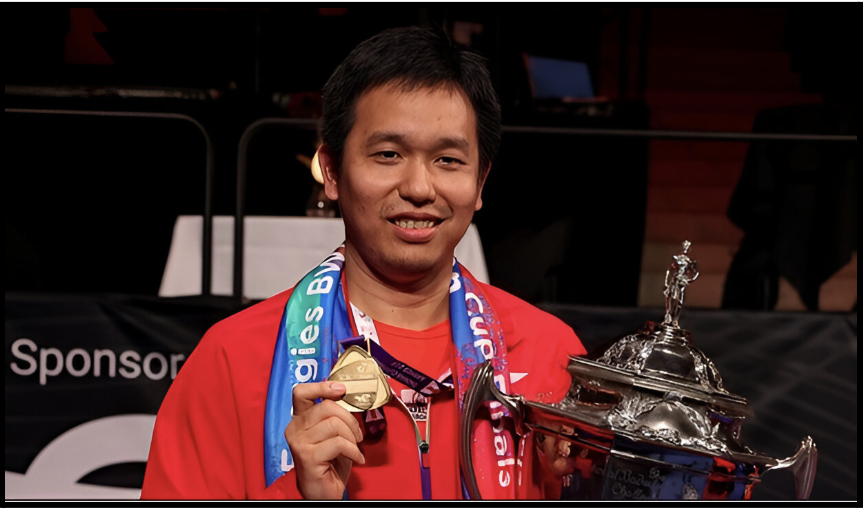By Hermione Silver, Year 10
Football fans or not, the World Cup is a massive event to billions of people, bringing together countries from all over the world for an unforgettable battle to determine the world champions of the biggest sport. That being said, this year, the tone and atmosphere of the World Cup feels slightly off because of its setting and the changes applied to such a traditional competition.
This year’s cup is taking place in Qatar, a small country bordering Saudi Arabia with less than 3 million inhabitants. Qatar clinched the rights to the World Cup after winning FIFA’s ballot, beating bids from the US, South Korea, Japan and Australia. However, the true motives behind the bids in favour of Qatar are considered by many to be linked to bribery from the behalf of Qatar. Some are excited to hear that the World Cup is finally being hosted by an Arab nation however the supporters in this case are heavily outnumbered by those who are against this decision. So why is it so controversial?
Firstly, homosexual acts are forbidden in Qatar and are punishable by death in some cases. This of course raises red flags to the nations who want to compete and support homosexuality. Qatar has even forbidden teams’ captains from wearing Gay Pride armbands under penalty of getting booked. Secondly, there are between 6’500 and 15’000 allegedly dead workers who passed away while constructing the football stadiums due to the violent heat and poor working conditions. Now that the World Cup has begun we can see the stadiums that thousands of workers died building not even close to being full. Many are outraged especially because of the Qatari government’s attempt to cover up the unrecognised casualties and finally bringing them to light.
Additionally, Qatar has a desert climate and temperatures can soar up to scary levels, especially for athletes running around at high intensity for 90 minutes or more. This means they have had to air-condition the stadiums to meet requirements. That being said, the stadiums are open meaning it requires an enormous amount of energy to keep the stadium cool. Another final point which is less important than the others is that alcohol is forbidden due to Qatar’s culture. This changes nothing to certain people however to some it may feel like a staple to have beer chucked around after an electrifying goal.
These reasons have led to many boycotting this World Cup and refuse to buy merchandise as well as to watch the matches. However, it is still the same thrilling elimination tournament with the best players in the world. On top of that, it is the last time we will see Messi, Ronaldo and Neymar Jr. take to the pitch to try to win the title for their nation and the stakes seem higher than ever. This leads us into the moral question many of us have been asking ourselves; “should I really be watching this?”. As much as it would be easier to have the answers handed to us, it really depends on the sacrifices you are willing to make to take a stand for human rights and the environment. For a football fan who has been dreaming of this moment for the past four years it might be a no-brainer and the same goes for the strong activists who will not tolerate the circumstances that come with the tournament.
My personal advice, for whatever it is worth, is that you educate yourself on the downsides of Qatar’s World Cup and then decide for yourself. It is first and foremost about awareness, as long as you know what is going on and you are educated on the matter, the choice is yours to make.




Great article! With Russia and China also holding recent major international sports tournaments, the question of beliefs against interest in competition has been a very intriguing topic. As much as I personally believe in the separation of sports and politics, when they become as extreme as Qatar’s case, it is hard to ignore.